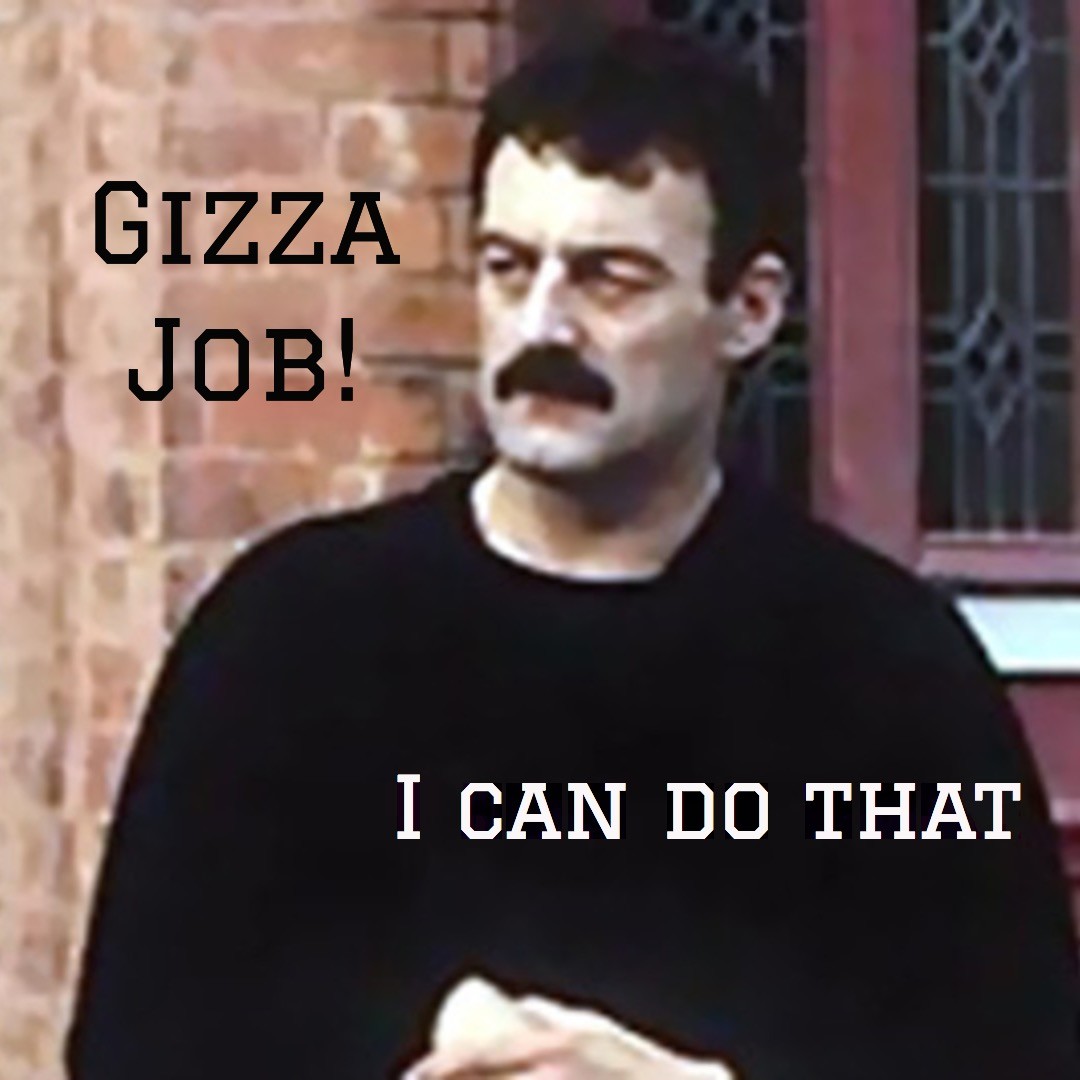When I bought my franchise, I told myself that I had carried out a rational evaluation and my due diligence, and it was the right choice for me. In reality, that was the post-purchase rationalisation of an emotional decision (as if often the case).
I had applied logic, though. Once I had decided I was going to ‘do my own thing’ (itself an emotional response to a particularly bad job interview experience), I looked at buying a business. Well, I told myself, I know lots about business, I am sure I can run something. I studied a manual I bought from the US (this was some years ago, before the widespread availability of advice there is today) and searched for a business. Realising the market in the UK is very, very small, I started looking at franchises, and then focused on the ‘white collar’ franchises.
I narrowed the options down to two, and I went through their application process. The one I chose was a business support franchise, which seemed more suited to my skills and temperament. It also looked more like the sort of job that I used to have. It felt safe and comfortable, and just a bit scary at the same time.
Now, it turned out to be a failure for reasons that could have been identified at the beginning. I am too much of an individualist to run a franchise. I was subconsciously buying a job rather than starting a business. I had, in fact, bought myself a sales job, which was the last thing I wanted to be doing. It was doomed from the start. However, it was based around something I was interested in. The behavioural profiling and the coaching are the basis of my work today and have led me to explore psychology and behaviour much more deeply, giving me knowledge and skills I use every day with my clients.
The mistake I made initially was to assume I could run any type of business. That business was business and as long as it could give me the returns I was after, I was up for it. In reality, it’s a small number of people who can do that, people who love the business of business. For them, what the business does is of secondary consideration, it’s how it does it and it’s potential for development that interests them. Sometimes these people are called entrepreneurs, although it’s not a term I particularly like or find that helpful because they don’t identify themselves that way. It’s the label that the media would probably apply to them.
I should have realised that I am in the majority group, for whom what the business does is of critical importance. It has to be something that we find intrinsically interesting, something that engages us and gives us meaning. In the course of my research, I considered a wide range of businesses that were never going to be right for me because I just wasn’t interested in them. This wasted a large part of the attention that I could give to my choice. This meant that when I narrowed it down to those that were right for me, I was choosing from a very small selection.
If I had firstly thought about what was important to me about a business I would want to run, what sectors, what types of operation, my initial search would have been much narrower but deeper. That way I would have looked at the largest number of businesses that were a good fit for me, I would have been choosing from a much bigger pool of potential targets. Instead of picking from 2 or 3, I could have been picking from 10 or 12. I would have had to look more deeply into what I was choosing and why and done a richer investigation of my motives.
Another way of describing this is when you go shopping for clothes. You don’t start talking around clothes shops, randomly looking at everything and seeing what catches your fancy. For a start, you generally ignore shops that cater for the opposite sex. You focus on those shops that have the type of clothes you are looking for, be that formal, casual, sportswear or whatever. You go to those that are in your price range, and then you probably do another sort on those shops that generally have clothes that you like. That means that in the couple of hours you have, you get to see the maximum number of choices of clothes that are going to be what you are looking for. You go narrow first, and then widen and deepen your search to maximise your choices.
I didn’t do this because in my initial assessment, I thought any business would do for me. It might sound like arrogance that I assumed that I could run any business, based on my corporate experience. I prefer to think of it as naivety and inexperience. On the Mothership, I often dealt with what I was given and hadn’t exercised that choice before. There was a natural filter in place that I didn’t notice, that the business had narrowed down the options for me.
Creating and running your own business is an intensely personal thing and you have to start with yourself, your interests and passions, your motivations and your purpose. Taking an approach that is detached, rational and analytical, as you did on the Mothership, may seem like the right approach but is, in fact, exactly wrong. Counter-intuitively, you should start with what stirs your emotions and follow that path. Your head has a role to play but not until much later on. It is your heart you must listen to first.


